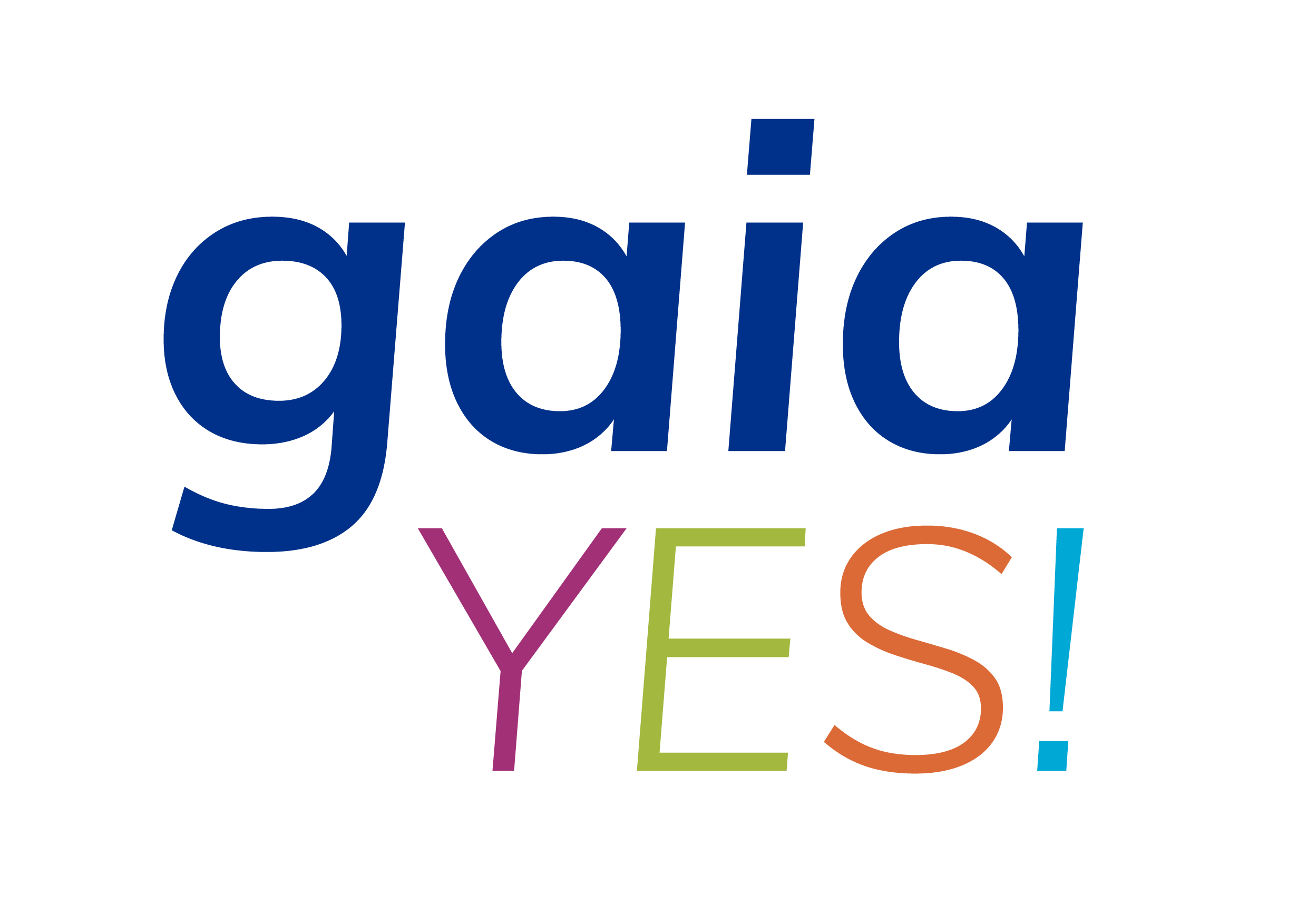Economic Dimension - for students
S3.1 Sustainable world economy
Our current economic system has created much wealth, but it has also created social problems, such as unequal distribution of capital and welfare. And because it is based on the linear model of production, it also causes the most environmental problems. Learn about the BPP and Life Cycle Analysis, calculate your own carbon footprint and visualize an ideal sustainable future, where there is enough for everyone.
This topic includes:
- GDP measurement and calculation
- Externalities and hidden subsidies
- The linear mindset in the prevailing economic system
- Contradiction between economic goals and sustainability
- Calculate personal eco-footprint
- Making the life cycle of the chosen product (LCA).
S3.2 Banks & currencies
The current monetary system, with its built-in debt creation, is creating more and more problems, such as debt for individuals and even for countries. Be inspired by alternatives, where the focus is not on making even more money, but on thriving communities and sustainability, such as ethical, sustainable and social banking, the exchange economy, the use of local currencies, crypto currencies, gift economy, etc.
Key concepts
- The main features of a debt-based monetary system
- The effect of an alternative currency on the local region
- Provide examples of crypto currencies focused on sustainability
- Imagining and sharing living in a gift economy
- Possible alternative currency designs for the school/local community
S3.3 Right livelihood
Do you need a lot of money and stuff to be happy? Or does that depend on other things? Apart from good health and nice family and friends around you, it appears that alternative lifestyles can contribute to this. Consider living an off-grid and/or zero-waste life, buying second-hand items or simply consuming less. Actually quite relaxing, and you immediately contribute to a fairer distribution of money and goods and a better environment!
Key concepts
- New well-being measures at the community, regional and global levels that support happiness and sustainability
- Principles of “slow movement”
- Zero-waste and off-grid lifestyles
- Personal view on balancing personal and professional life
- Collaborative consumption and peer-to-peer networks in own region
S3.4 Resilient economy & social innovation
Companies that uphold sustainable and/or social values contribute to positive change in society. Fortunately, there are more and more of them. Terms you will come across in this context include Corporate Social Responsibility (CSR), circular economy, blue economy, cradle to cradle, and platform economy. Research what the circular economy is all about and get with it!
Key concepts
- Principles and examples of social innovation
- Cycles of circular economy
- Concept and origins of sharing economy
- Attitudes, values & skills of value based entrepreneur
- An economic vision for a sustainable local economy
- Designing products according to Cradle to Cradle principles
S3.5 Financial & legal
Many (start-up) social and sustainable enterprises and other initiatives for sustainable or regenerative projects face problems due to a lack of legal and financial knowledge. Set up a temporary and fictitious sustainable business with classmates and learn about legal forms, team building, product design, marketing, accounting, etc. Also covered are ecocide and common law, among others.
Key concepts
- Advantages and disadvantages of legal forms for regenerative projects
- Organizations that support regenerative projects
- Common law and ecocide law
- How customary law and ecocide relate to indigenous traditions
- A group assignment to set up a business

